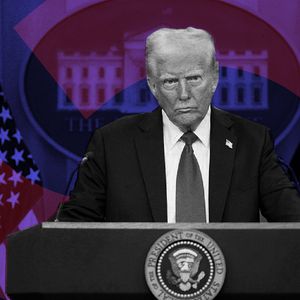A Chinese creditor has filed an objection to a motion by the FTX estate that seeks to halt distributions to creditors in countries with restrictive or unclear cryptocurrency regulations. The objection, submitted to a U.S. bankruptcy court on Tuesday, comes from Weiwei Ji, a Chinese passport holder currently living in Singapore. Ji stated that despite their current residence, they’ve been classified as a Chinese creditor due to their nationality. According to the filing, Ji represents a group of more than 300 Chinese creditors with substantial claims. FTX Repayment Restrictions Under Fire FTX’s motion, filed on July 2 in the U.S. Bankruptcy Court in Delaware, seeks to temporarily halt repayments to creditors in 49 jurisdictions. These include countries like China, Russia, Zimbabwe, and Moldova, where laws around cryptocurrency are either ambiguous or restrictive. The estate argues that making payments to residents in these areas could potentially result in criminal penalties, financial fines, or personal liability for those administering the repayments. Moldova, in particular, was cited as a risk example, where even auxiliary services involving virtual assets are deemed criminal offenses. Claimants Argue Distribution Should Proceed In the objection, Ji argued that digital assets are considered personal property in China, and U.S. dollar settlements are a recognized legal form of payment. This, Ji claims, nullifies the rationale for withholding distributions. “My family holds four KYC-verified accounts with aggregate claims exceeding $15 million USD,” Ji wrote. “We have fully complied with every procedural requirement under the Plan. The proposed motion now jeopardizes our right to distribution in an arbitrary and inequitable manner.” Wider Implications for Creditors Worldwide The motion estimates that around 5% of the total value of approved claims belongs to residents in restricted regions. The estate’s filing seeks to mitigate potential legal complications arising from international payouts. However, creditors like Ji argue that the motion imposes unfair barriers and contradicts the spirit of the agreed-upon bankruptcy plan. The objection brings attention to the complexities of cross-border bankruptcy proceedings involving digital assets. FTX Repayments Already Underway FTX began issuing repayments on February 18, prioritizing convenience class claimants. These initial payments are based on the value of digital assets at the time of the company’s collapse in November 2022—a decision that has been criticized by some creditors. While the estate continues to navigate legal and logistical hurdles, the backlash from international creditors could pose new challenges in the already controversial repayment process.
















